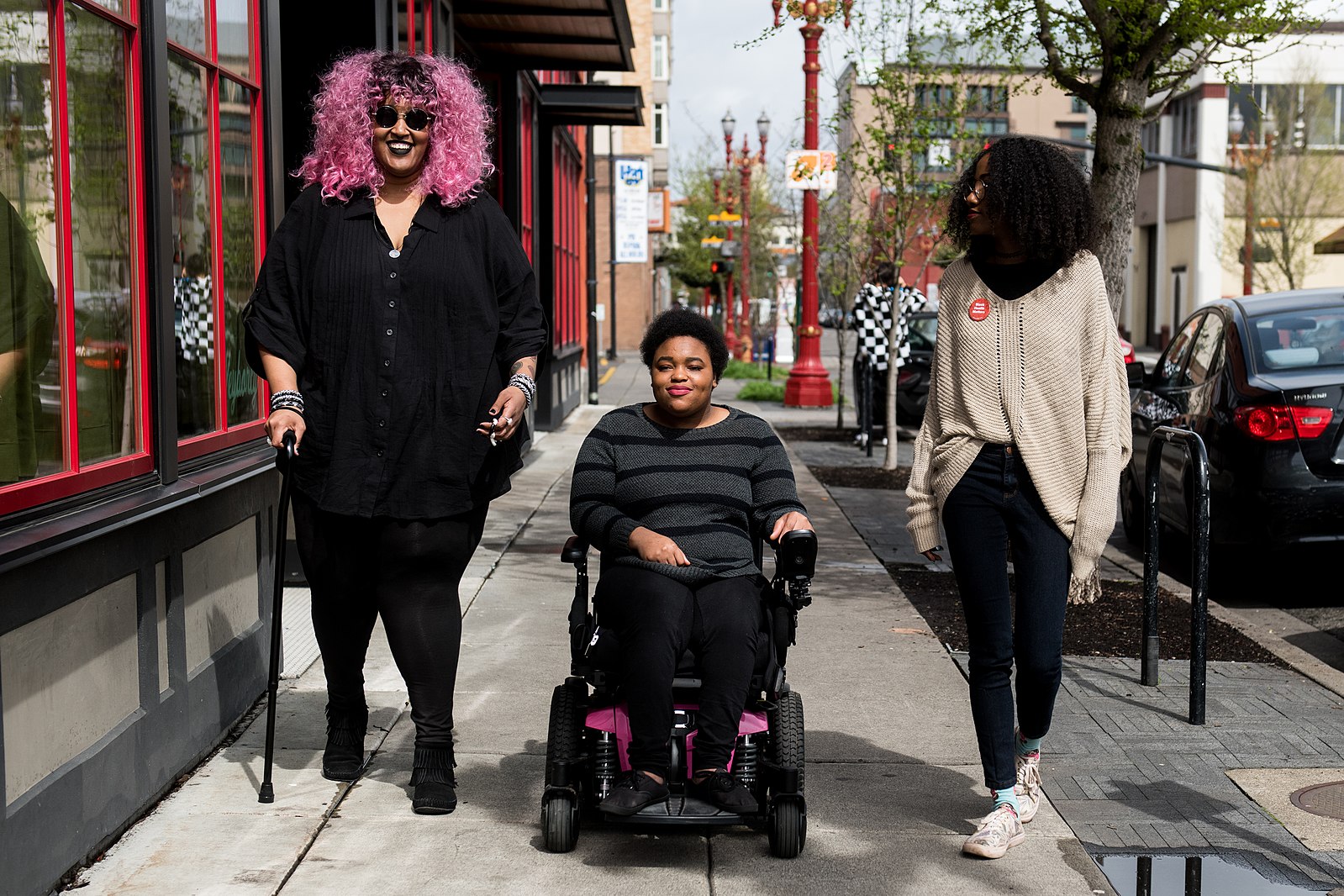Aggregated News

Photo licensed for reuse under CC BY 4.0
Studies show that people with disabilities are more likely than people without disabilities to report having poorer health and less access to adequate health care.1 This is especially true for women and girls of color with disabilities, who face inequalities because of their disability status, race, and gender.2 The systemic and structural barriers faced by Black disabled women and girls in the health care system stem from a legacy of slavery, ongoing anti-Black racism, and ableism.
The COVID-19 pandemic exposed and exacerbated those inequalities. According to the Centers for Disease Control and Prevention, Black Americans are dying from COVID-19 at nearly twice the rate of white Americans and have hospitalization rates that are nearly three times higher.3 People with disabilities are also disproportionately contracting and dying from COVID-19.4
Data are more limited for people with intersecting identities. Specifically, there are insufficient data on the impact of COVID-19 on women—and even less on Black women and still less for Black women with disabilities. According to a study from January 2021,5 U.S...



